Everything You Need to Know Before Spending in Paris
Paris has a way of making you feel things; mostly awe, sometimes hunger, and occasionally panic when your card declines at a café that doesn’t do Visa.
Poppin’ the (Money) Question: Everything You Wanted to Know About Paris Currency, But Were Too Afraid to Ask
Before you jet off to the city of lights, love, and la vie en cash, it’s time to pop the questions that every traveller secretly Googles but never gets a straight answer to.
When it comes to money in Paris, guessing is not chic.
Should I exchange money before my Paris trip?
Short answer? Oui (yes, absolutely).
Airport kiosks might look convenient, but they’re basically daylight robbery. And those overseas ATMs will have hidden fees that hit harder than jet lag. Most people plan every detail of their trip like the outfits, the itinerary and the Insta moments, but leave their currency until the last minute. Yet sorting your euros early is the easiest way to make your trip feel real.
There’s something about holding that crisp note that says, “It’s happening.” Think of it as the pre-trip spark; it’s the moment your dream holiday crosses from planning to reality.

Where’s the best place to exchange dollars or pounds for euros?
Technically, you can exchange cash once you’re there, but the exchange scene there can be… a little tricky. Between language barriers, unclear signage, and commission rates that are more confusing than a French metro map, it’s not quite the romantic experience you’re imagining. Even locals get caught out by hidden fees or short trading hours.
Most travellers think exchanging money is just a transaction, but when you do it right, it’s transformational. It’s the difference between arriving prepared and feeling out of your depth.
Skip the stress and the translation guesswork and pop into your nearest Crown Currency Exchange. With over 60 stores across Australia, you can walk out same-day with euros in your pocket and that smug little grin that says you’ve already outsmarted the system. It doesn’t have to be complicated; one simple visit and you’re officially Paris-ready.

What’s the best way to get euros for my Paris trip?
Let’s break it down. Airport exchanges? Terrible rates. ATMs in France? Decent rates but hefty international fees. Your home bank? Slow and paperwork-heavy. Crown Currency Exchange? Competitive rates, zero commission, and no sneaky add-ons. It’s the travel equivalent of skipping the line at the Louvre, but in this story, you’re making the steal the smart way.
Nothing kills holiday bliss faster than worrying about money. You want to feel calm, capable, and ready to roam, not hunched over your banking app doing math before dinner. That’s why it pays (literally) to get organised before you go.
You want to land in Paris feeling like Emily in Control, not Emily in Overdraft. And with euros already in hand, that’s exactly how you will. Freedom feels better when it starts at home.

How can I avoid paying too much in exchange fees?
Easy, avoid the traps that catch everyone else. Don’t wait until the airport, don’t let a foreign terminal “convert to AUD” (it’s never in your favour), and exchange once rather than multiple times. Compare the total cost, not just the rate.
Being smart with money doesn’t make you stingy; it makes you self-assured. Paris isn’t a budget destination, but that doesn’t mean you should overpay at every turn. When you’re sipping your €6 wine instead of €9, you’ll thank yourself for being the traveller who plans like a pro, not pays like a tourist.

Do I need cash in Paris, or can I just use my card?
You’ll need both, but don’t ditch cash entirely. Sure, cards work in some places, but not every place. The metro ticket machine? Coins only. The croissant cart on the corner? Cash. The local café with the perfect onion soup? €10 minimum spend.
It’s one of those paradoxes where we say we want to “live like locals,” but then we pay like tourists. Having euros on hand isn’t old-fashioned; it’s how Paris really moves. Locals still pay for their baguettes and morning coffees with cash because it’s quick, simple, and part of the rhythm of daily life. So yes, bring your cards, but also carry euros like a true Parisian, because confidence and culture often start at the counter.

What’s a realistic daily spending budget for Paris?
Paris can be as bougee or as basic as you make it. A solid starting point is around €100–150 per person per day. That’s enough for meals, attractions, and the occasional “oh look, another bottle of rosé” moment.
But if you want to feel truly in control, use the HolidAi Planner. It’s like having a financially-savvy travel buddy that helps you figure out exactly how far your money will stretch, and how many croissants that translates to. Planning might not sound glamorous, but it’s what gives you the freedom to say yes to spontaneous moments later.
And if you’re still unsure? Just pop into your nearest Crown Currency Exchange. The team have seen it all, from gap-year backpackers to 5-star jetsetters, and they’ll walk you through exactly what you’ll need. The real magic usually happens offline and by chatting with real people.
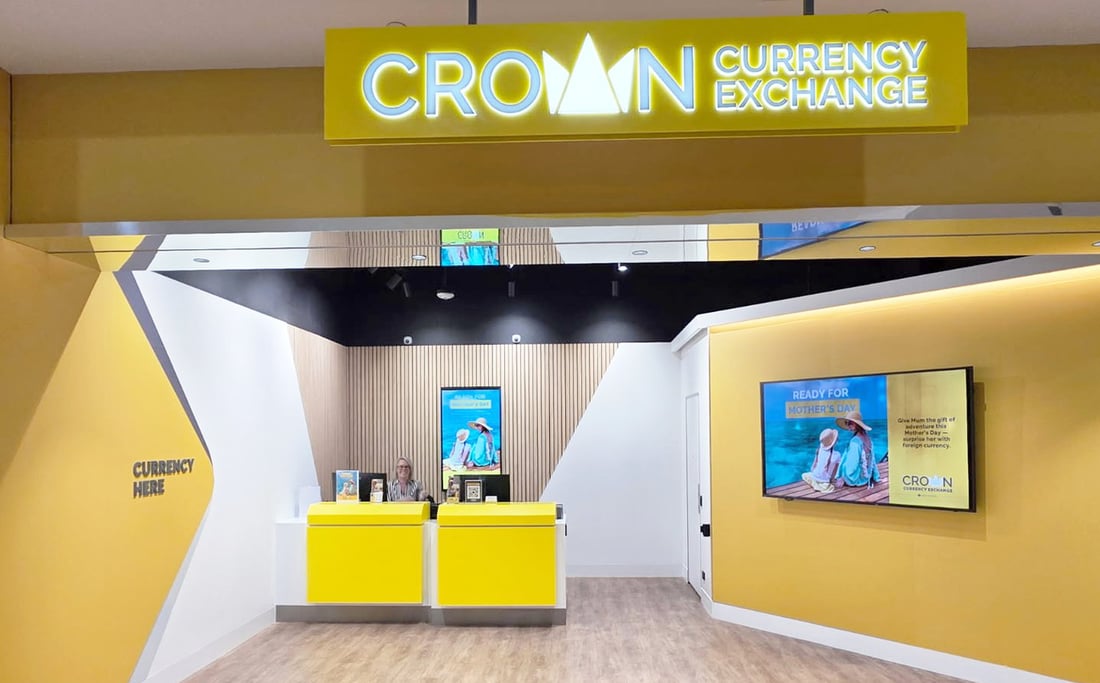
How much cash should I carry for small purchases?
Probably not as much as you’d think; about €50–100 a day in small notes and coins is perfect. That’ll cover metro tickets, coffee, tips, and anything small enough to feel spontaneous. There’s something comforting about knowing you’ve got real euros in your pocket; that tactile reassurance that tech can’t replace.
You can always contact us if you’re worried. The team at Crown Currency Exchange are absolute legends — part travel oracle, part math whiz. They’ll tell you exactly what’s realistic for your itinerary and make sure you leave feeling ready, not rushed.
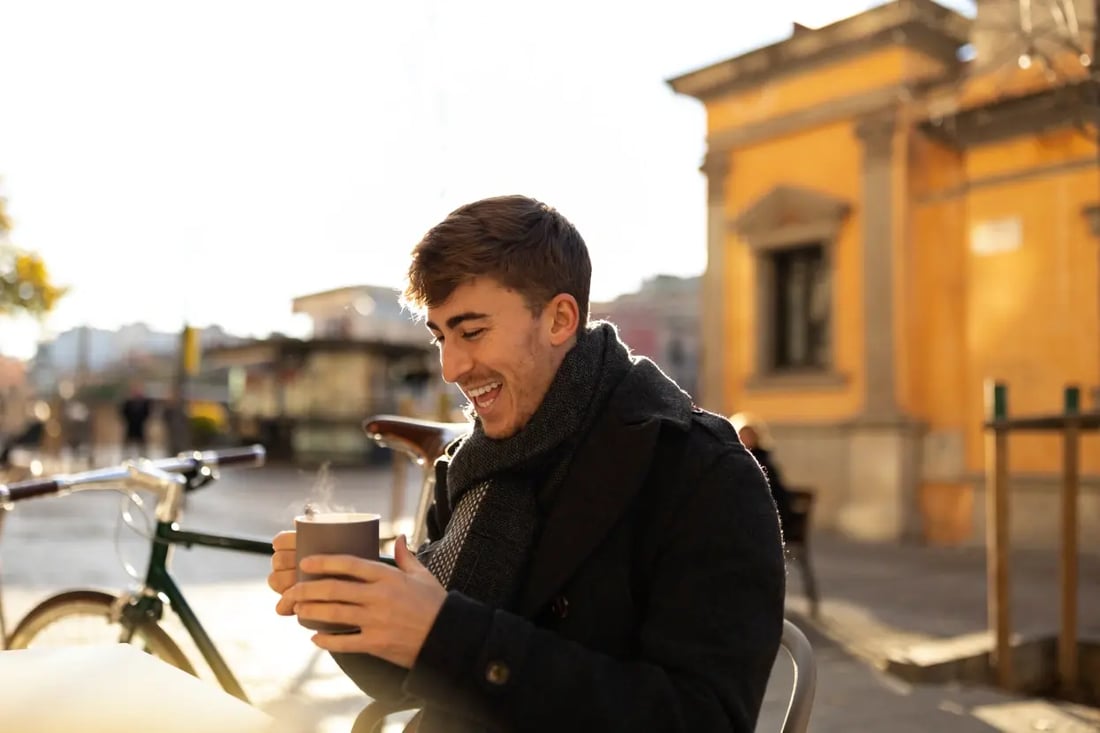
The Smartest Question You Can Ask
Here’s the thing about Paris — it rewards the traveller who plans just enough to relax. Getting your money sorted early is so empowering. It means your first memory in Paris won’t be wrestling with a card terminal, but standing on the corner of Rue de Rivoli with a flaky pain au chocolat in one hand and your day wide open.
So go on, pop the question that matters most before you go:
“Where’s my nearest Crown Currency Exchange?”
With more than 60 stores across Australia, transparent rates, and genuinely lovely staff, the answer’s always closer (and simpler) than you think. Find your nearest Crown Currency Exchange and say oui to better travel money.
FAQs
What currency does France use?
France uses the Euro currency, which is used throughout most of Europe.
Is France expensive to visit?
Generally speaking, France isn't too expensive to visit. However, the amount of spending money you'll need will depend on your travel style and what you'd like to do when you're in France.
Can I use cards to pay in France?
Yes, you can use cards to pay in France. It is best to use cash, however, as paying with a credit or debit card can lead to multiple 'International Transaction Fees' being charged to your account.

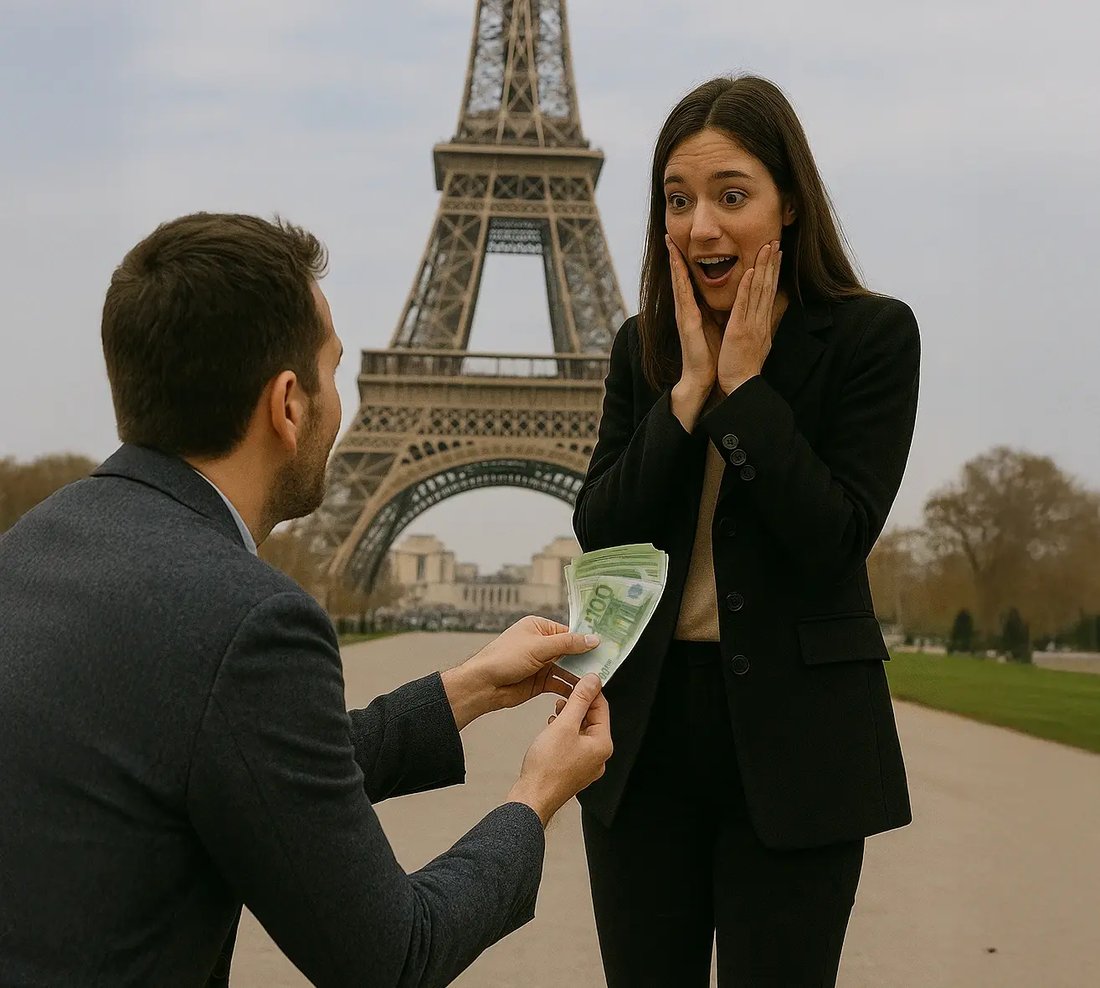



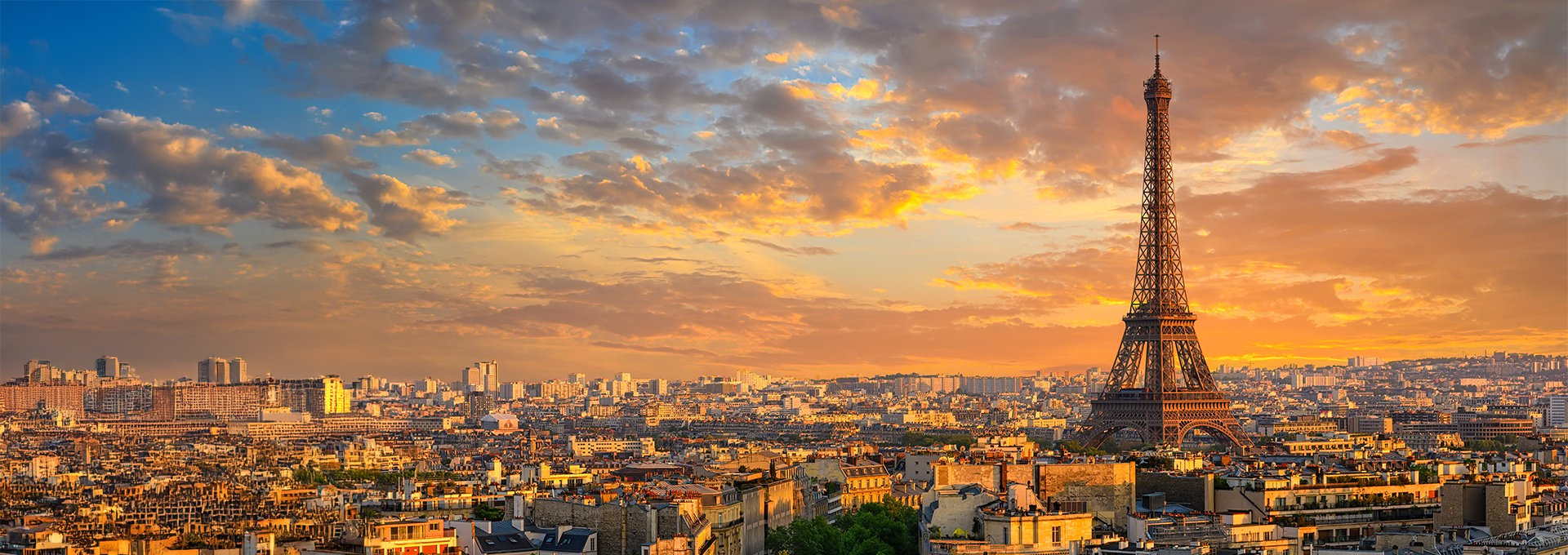

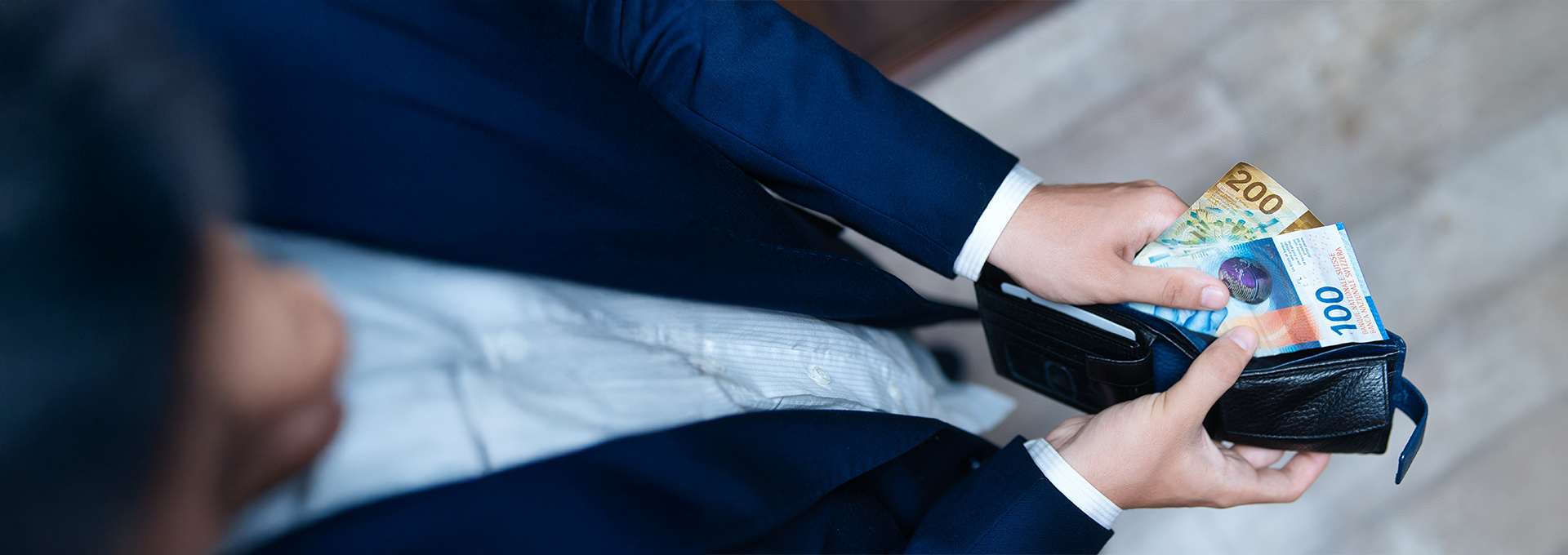
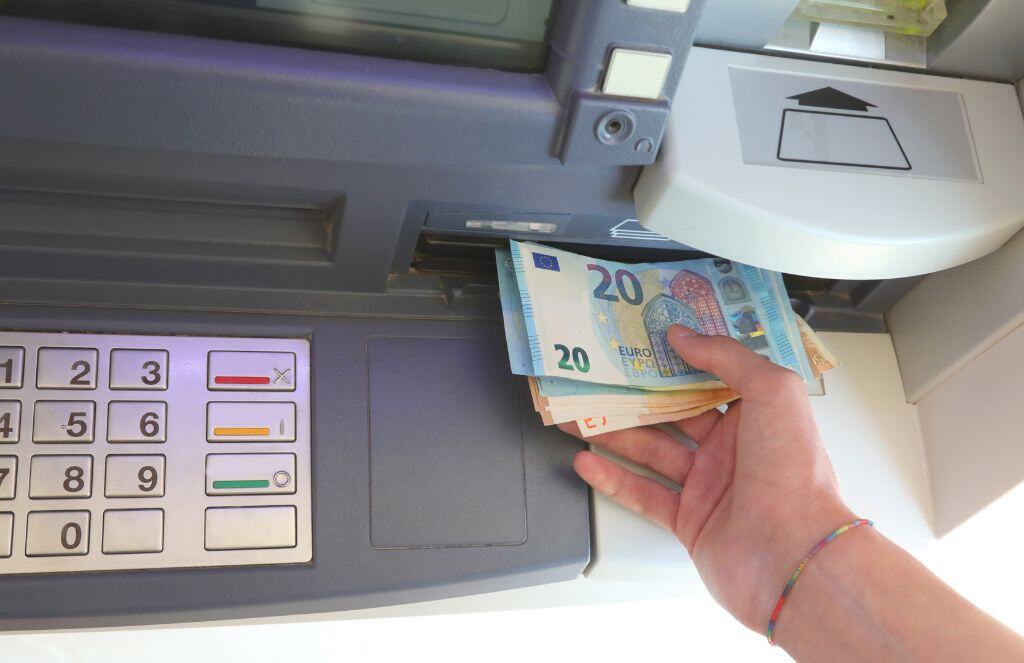


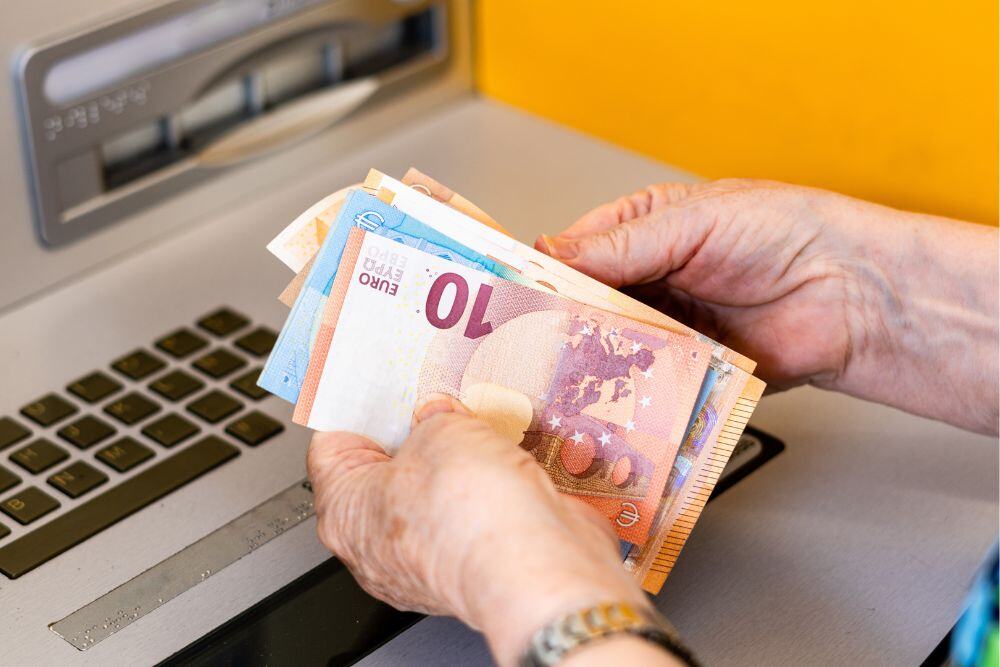
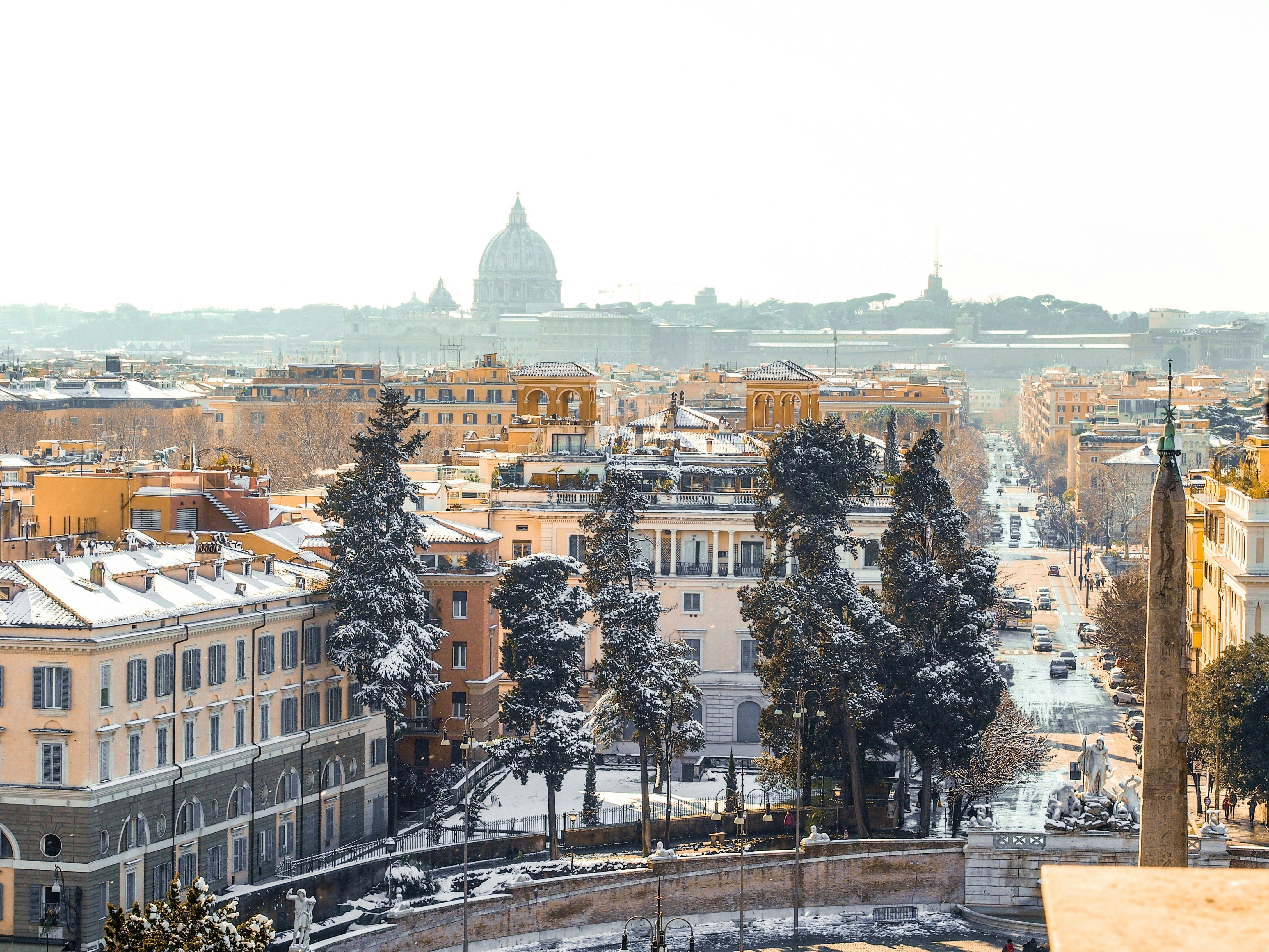
.png)

